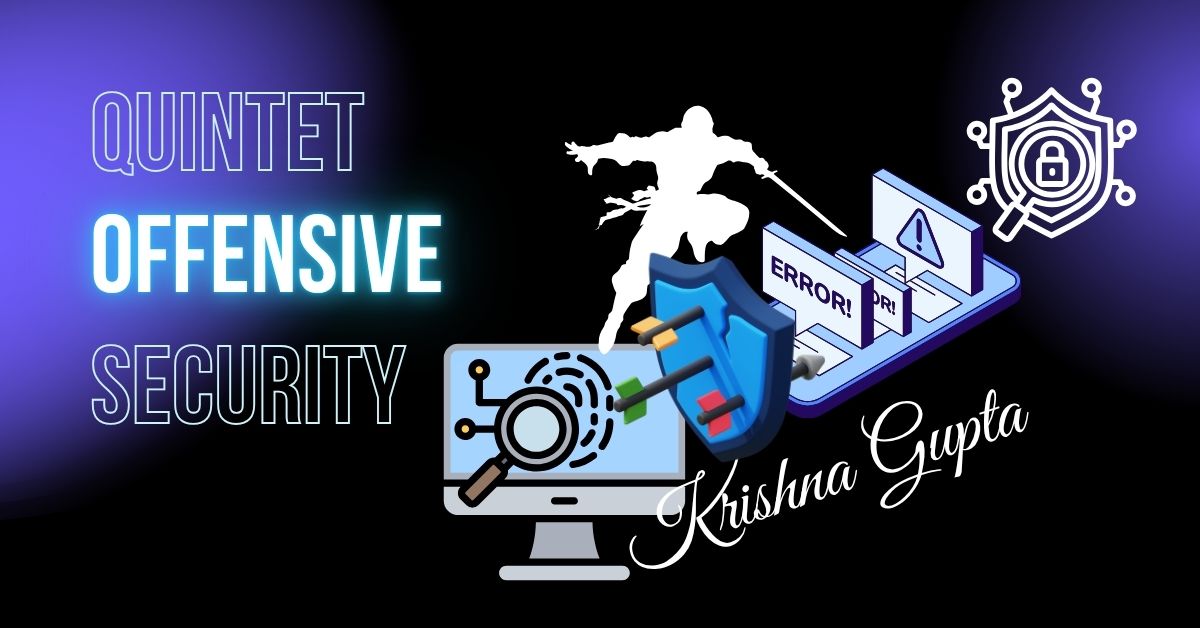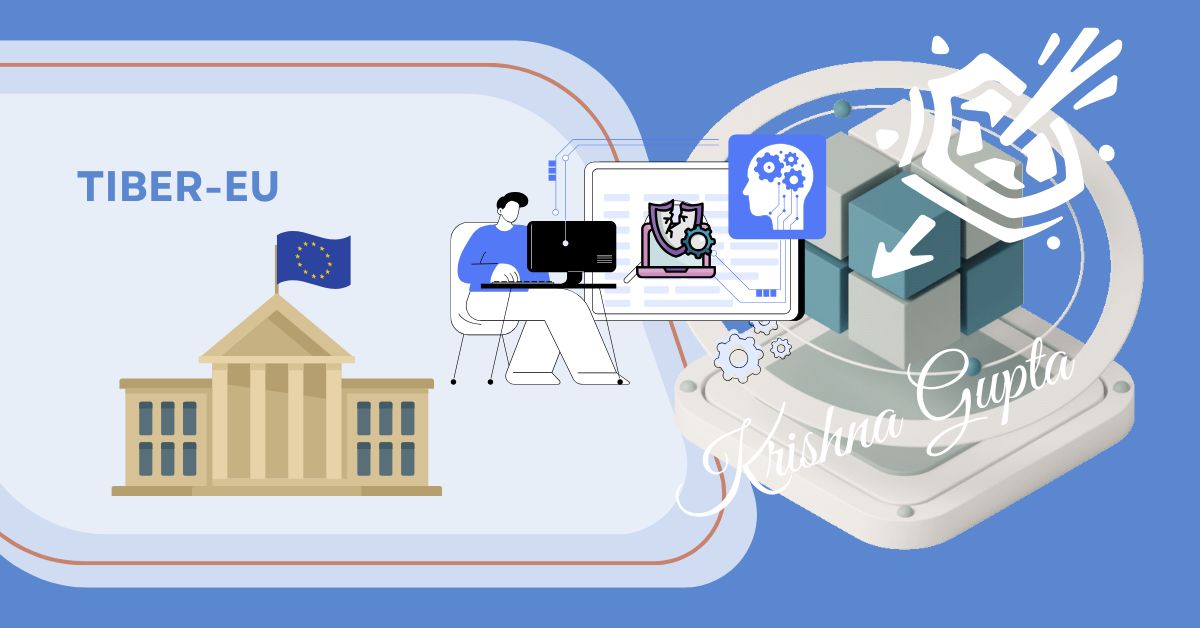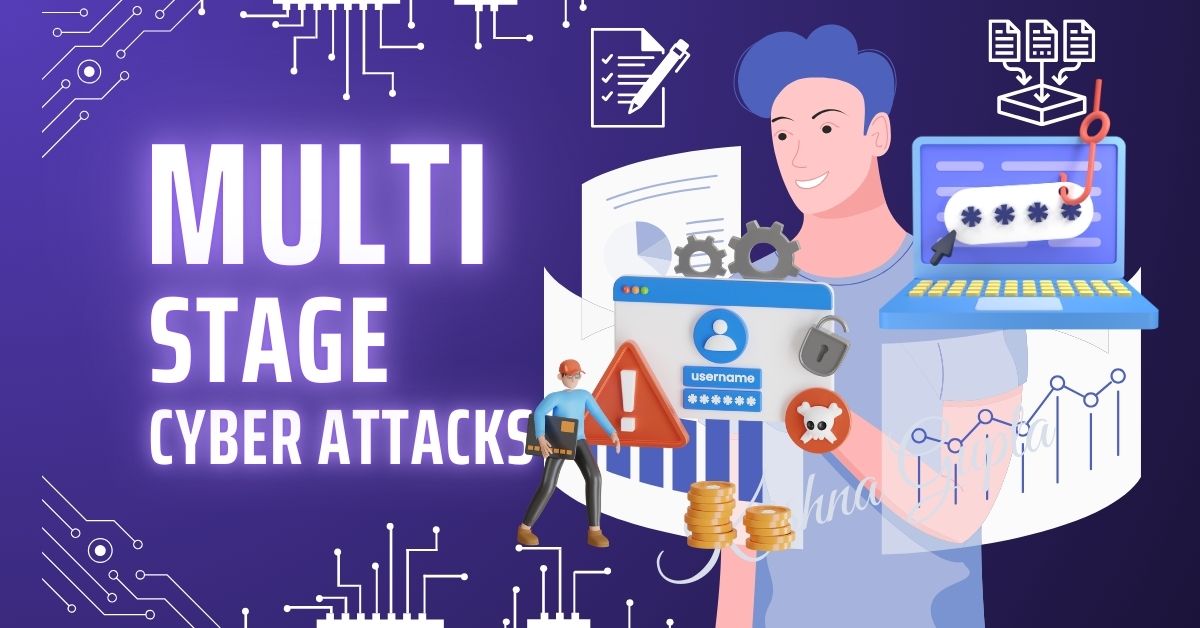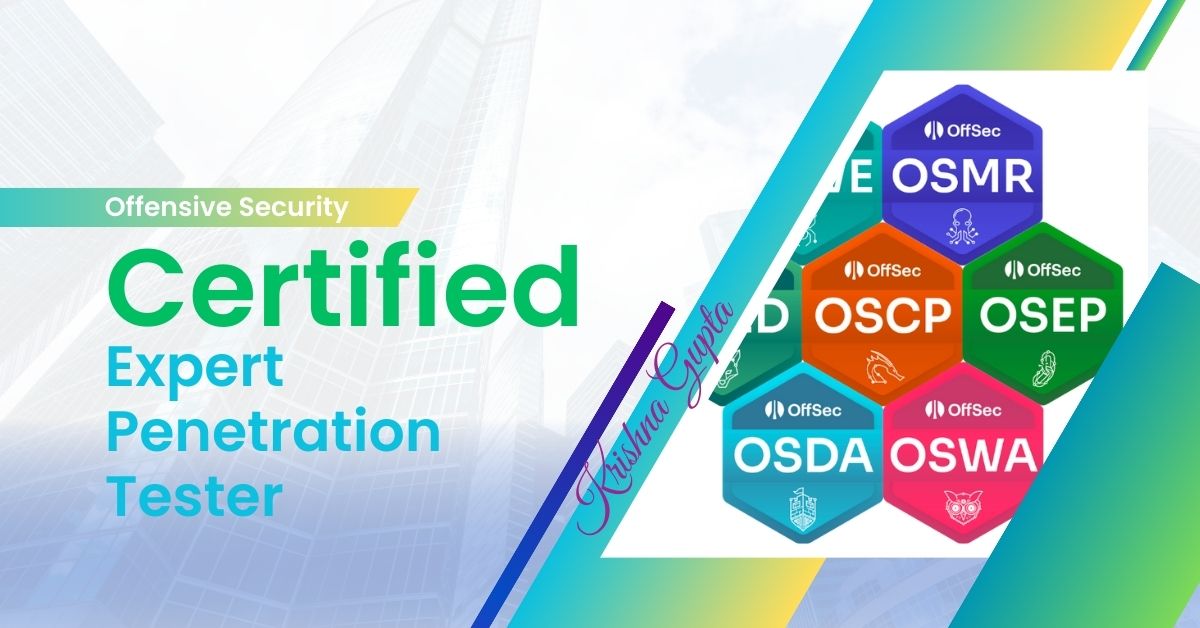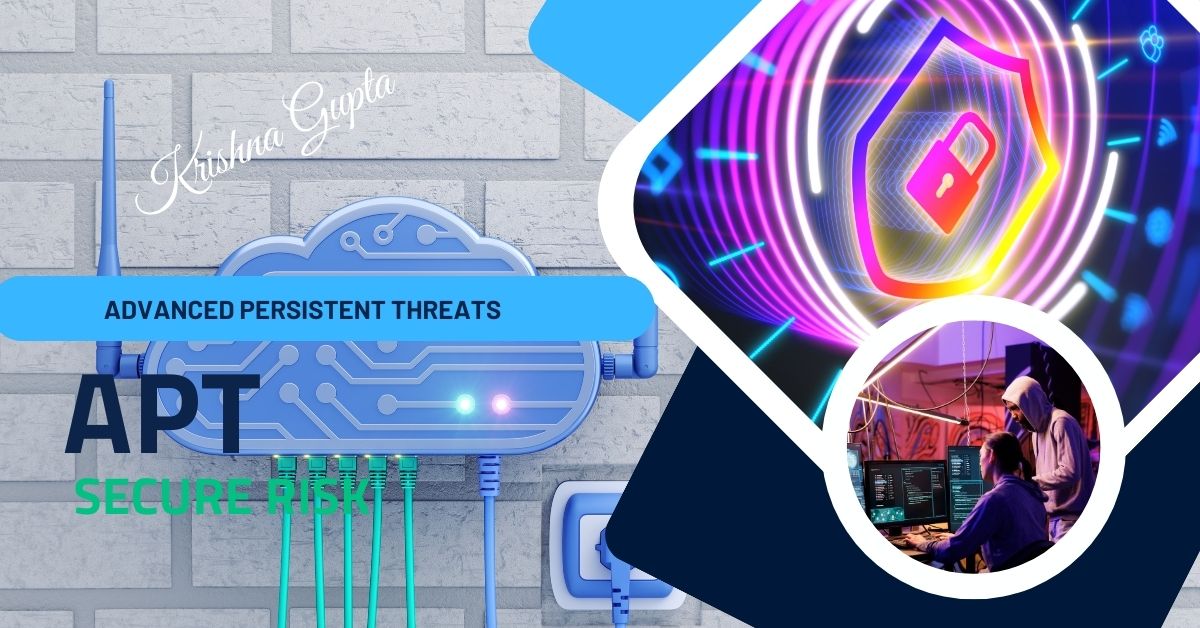The Cybersecurity Quintet: A Strategic Arsenal for the C-Suite
In today’s digital-first economy, businesses aren’t merely competing—they’re defending. With cyber threats growing in sophistication and frequency, boardrooms can no longer view cybersecurity as a function relegated to the IT department. From ransomware crippling logistics chains to sophisticated espionage campaigns stealing intellectual property, cyber risk is now business risk.
To navigate this volatile landscape, C-Suite executives must embrace a proactive, intelligence-led security strategy. Enter the Cybersecurity Quintet: Vulnerability Assessment, Penetration Testing, Digital Forensics, Malware Analysis, and Reverse Engineering.
This formidable combination offers more than just breach prevention—it empowers strategic foresight, strengthens business continuity, and enhances investor confidence. This blog explores the full breadth and depth of each component, shedding light on their unique roles and collective business value.
